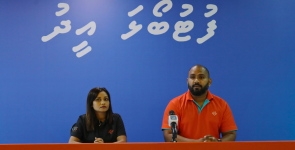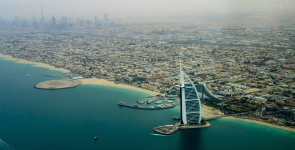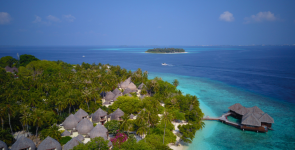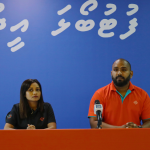Despite meaningful progress in relationships, racial and ethnic discrimination, prejudice remain a part of modern life. Unconscious bias, which is often the case, is unintentional stereotyping based on race, gender, orientation, economic status, education level – happens across all sectors.
Restaurants, hotels, and resorts have long struggled with the issue. In 1970, hospitality industry and trade unions maintained separate union locals and hiring halls for men and women.
Worldwide, bias (conscious or unconscious) has incurred businesses losses in settlements. Such issues have brought bad publicity to businesses, permanently affecting their brand image and identity.
While is it important to diversify the hospitality industry of Maldives, more often than not employments are unconsciously or consciously biased and racist.
Recently, a Human Resource Director highlighted the issue, “In my 20s and 30s I struggled to find a job that fit my knowledge and skills. My applications were ignored or rejected by international brands, foreign and local HR Managers, and General Managers. No one ever agreed to be biased or prejudiced. Systemic implicit bias is still present today. Many young Maldivians lose out to less qualified foreigners. Regulations alone will not solve this problem. We need to understand the reasons, educate, and train those involved (including those applying for jobs) and incentivize local employment.”
According to research, there is an expatriate worker in the country for every four members of the local population. While workers contribute to the economic growth by boosting consumer demand by providing human capital to meet shortfalls in local (available and willing) labor, it has also led to crowding out of local labor. The low level of employment of locals in the country, and especially the high level of inactivity is very likely to be contributed to by the large and growing expatriate population. In particular, relatively less skilled or less educated locals can be easily displaced by incoming low skilled expatriates.
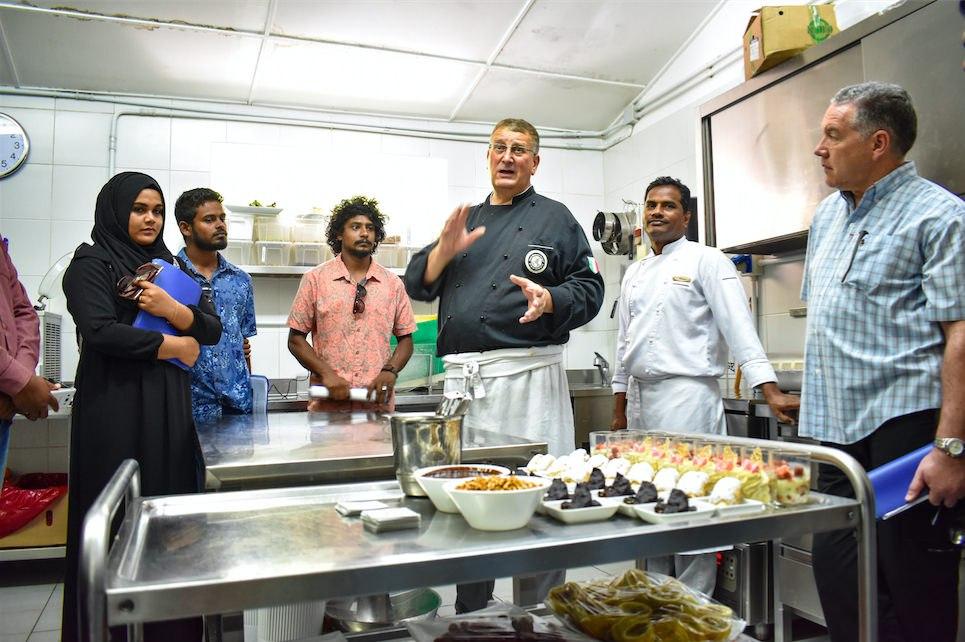
Tourism industry is the second largest employer of expatriate labor, responsible for 17% of all expatriate employment in the country. Many industrial specialists have pointed out systemic implicit bias present in the Maldivian hospitality industry.
A renowned GM with years of experience in the hospitality industry has said its time industry gave proper attention to develop the local force. “There is no rocket science jobs in hotel industry; if I can do it, anyone can do it”, he said.
High-profile companies in the hospitality industry are being recognized for highlighting gender equality and other diversity issues.
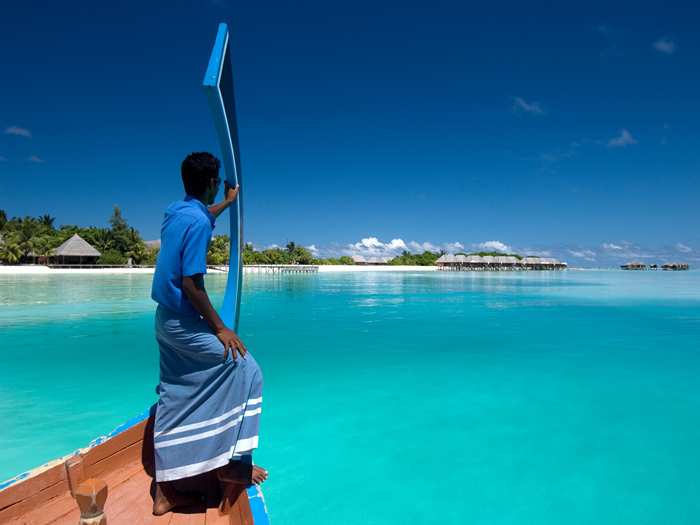
One Director of Sales and Marketing (DOSM) speaking from her own experience said, “I was leading a team for a very long time and suddenly the responsibilities were handed off to a fair-skinned individual, who was more than underqualified, with bigger pay. I had to teach him everything.”
Sharing his view on the topic, Director of Sales and Marketing in a big hotel chain said that he had to apply to about 15 different places before he was given a job opportunity.
“I believe the main problem was people’s mentality and their denial to give chances to locals during that time,” he said. “The mentality was probably based on how tourism started and how the perception was kept. I had finished my diploma and struggled for 6 months. It was around 2008.
”However, his experience in another brand changed his perspective on the issue.“Fair chance is given to everyone equally,” he said. “From shortlisting to interview process. Locals should take more initiative and work hard to get jobs, expecting to get managerial roles right away is not logical, it is better to grow slowly so it will help develop the career as well.”
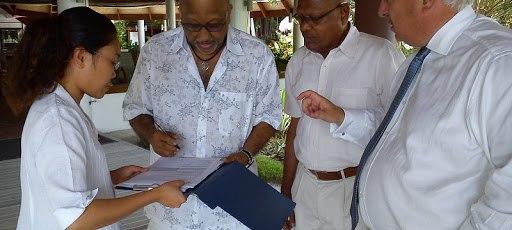
While several continue to advocate and take measures to eliminate systemic implicit bias within the community, there are still lots of room for improvement, a marketing manager with over 15 years of experience said.
Localization of businesses is critical for the country. A Human Resource Director has highlighted the need for an authority to make human capital development strategies and make long term plans, possibly for the next 2-3 years. “No issue can be solved unless we have a solid foundation that can govern it well on a monthly, quarterly and yearly basis that can alight with the vision of 20-30 years”, he said. “We need to do better at a strategic level in the country to improve industry.”
Reserving quotas for nationals as the spine of the international recruitment system is one thing that could help in the long process. Orienting effective vocational trainings for Maldivian youth depending on the industry is another way to attract and train skilled locals who would lead the industry in the future.
Hospitality industry should look beyond the influence of social and cultural factors, to employ capable and passionate individuals that would contribute to the development of the industry.










